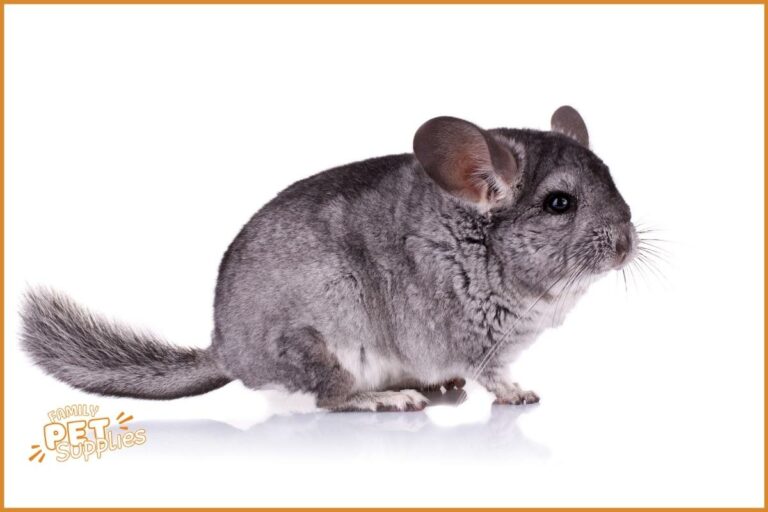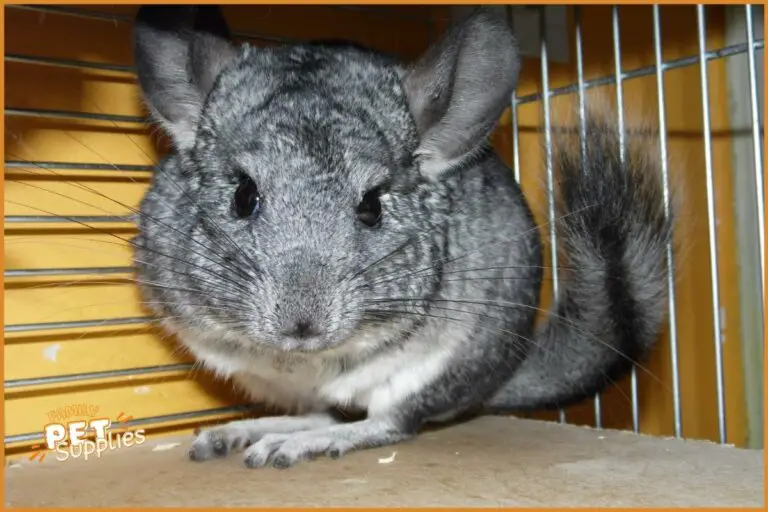Chinchillas are becoming increasingly popular as pets. Their soft fur, inquisitive nature, and minimal care requirements make them ideal for many households. However, chinchillas can cause issues for those with allergies. Allergy sufferers looking to bring home a chinchilla should consider a few key points.
- Allergens present – Chinchillas produce various allergens that can cause reactions in sensitive individuals. Their fur and dander contain proteins that can become airborne. Their urine also contains allergens. People allergic to these substances may experience symptoms when exposed.
- Respiratory reactions – Some of the most common allergy symptoms from chinchillas involve the respiratory system. This includes sneezing, coughing, runny nose, and irritated sinuses. Those with asthma may also experience wheezing and shortness of breath whenexposed to chinchilla allergens.
- Skin irritation – Skin contact with chinchillas and their bedding can also cause issues for allergy sufferers. Redness, itching, rashes, and hives may occur. In severe cases, handling chinchillas can trigger a serious reaction like anaphylaxis.
- Mitigating allergies – There are ways to minimize allergies from chinchillas. Keeping their cage very clean and using allergen-reducing bedding can help. Letting them play only in certain rooms may also limit exposure. Some people find over-the-counter allergy medicines helpful as well. However, those with severe allergies may find avoiding chinchillas altogether is safest.
Chinchillas can trigger allergy symptoms in sensitive people. From respiratory issues to skin reactions, their allergens can cause a range of problems. While there are ways to reduce exposure, severely allergic individuals may do best to consider other pets that are less likely to cause issues. For many, though, carefully managing chinchilla allergens makes living with these endearing animals possible.




